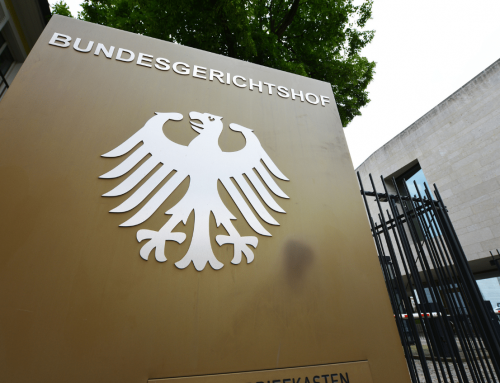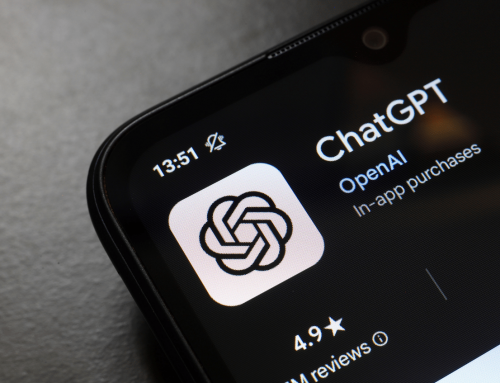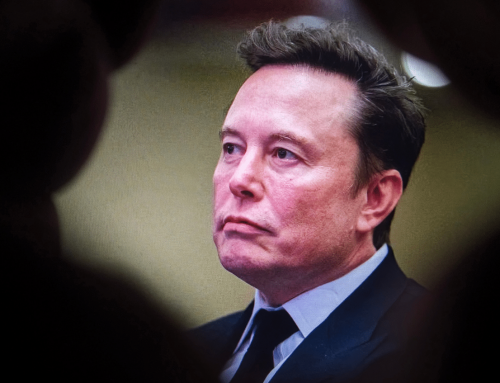Image: Photo Agency / Shutterstock.com
What OpenAI and SAP are now planning - and why this changes (almost) everything
Germany is on the brink of a digital revolution: US AI giant OpenAI and European software heavyweight SAP have struck a deal to take administrations, schools and universities across the country to a new technological level. From 2026, the plan is to put an end to mountains of files, form chaos and administrative backlogs - instead, artificial intelligence (AI) will help to complete tasks faster and more efficiently.
Julie Lavet, Head of Europe at OpenAI, puts it in a nutshell: "This will give Germany access to the best technologies on German terms." The idea sounds powerful: millions of employees in public authorities, research institutions and educational establishments will work with AI in the future - not as a gimmick, but as a real work aid.
Less paperwork, more time for people
OpenAI and SAP are pursuing a common goal: to enable millions of employees in administrations, research institutions and public institutions to use artificial intelligence securely and responsibly from 2026. The aim is to complete daily tasks faster, automate file management and improve citizen services. According to the companies, this will create more time for working with people instead of paperwork.
The planned collaboration is aimed at administrations, schools, universities and other public institutions in Germany. OpenAI manager Julie Lavet emphasizes that this will give Germany access to the best technologies on German terms.
German rules, American technology - can that work?
As revolutionary as the project is, there is a catch: most of the technology does not come from Germany. The cloud solution is based on Microsoft Azure, it is operated in the data centers of SAP subsidiary Delos, and the servers run on Nvidia chips - all products from the USA. OpenAI itself is also based in San Francisco.
Nevertheless, those responsible for the project repeatedly emphasize that the whole thing is a "completely sovereign offering" that operates strictly in accordance with German data protection regulations. SAP manager Philipp Herzig explains: "Unauthorized persons cannot access the data because it remains within the German data centers." The head of Microsoft, Satya Nadella, also promotes trust in the solution: "Responsible and secure" is how AI should work in Germany - despite US technology.
Is that really sovereign?
To be honest, this smells like a compromise that is more PR than real sovereignty. The data centers may be located in Germany, but the technology and control come from the USA. The reference to data protection "Made in Germany" should not be used as an excuse to gloss over dependencies. If Germany really wants to take on a digital pioneering role, it needs more than nice promises: its own technology, its own infrastructure and real control - otherwise the AI revolution will remain an export from Silicon Valley with German operating instructions.







